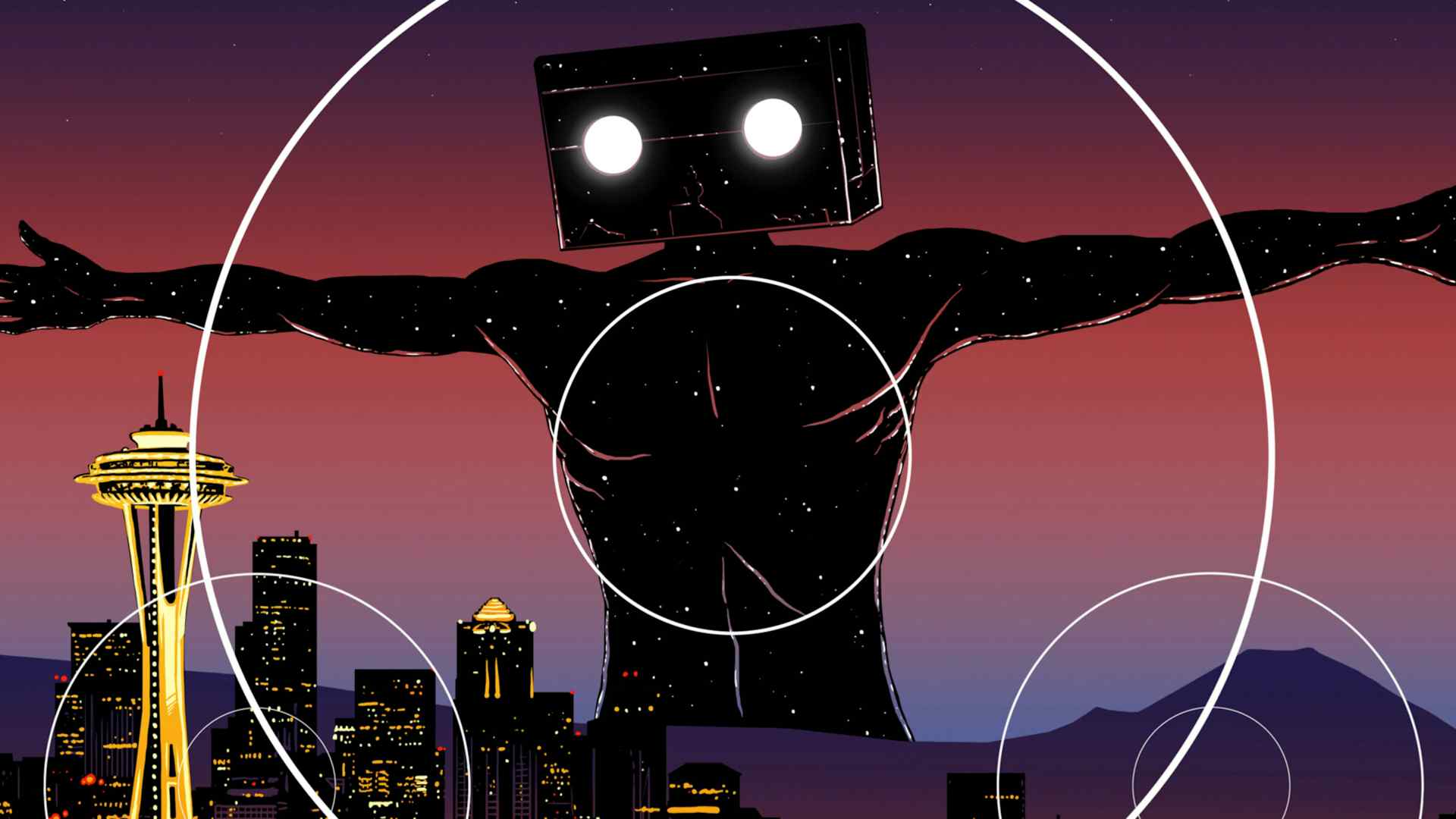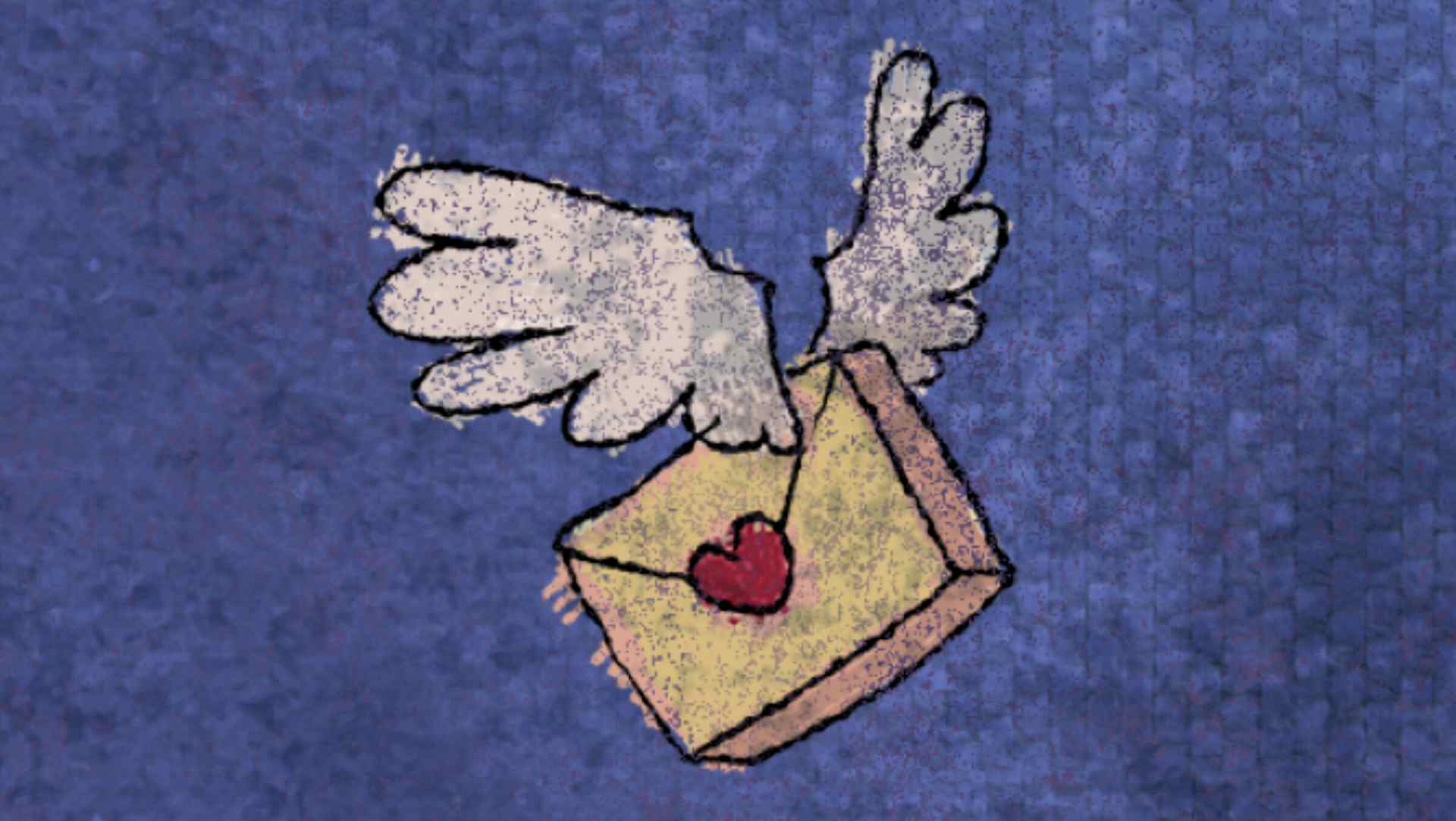Robert Horton is a Scarecrow board member and a longtime film critic. This series of "critic's notes" is chance to highlight worthy films playing locally and connect them to the riches of Scarecrow's collection.

SIFF Cinema is getting a two-week jump on Easter by reviving a couple of New-Testament-centric movies, Jesus Christ Superstar and The Prince of Egypt, on April 6. The former, at least, is close to the heart of any Catholic kid of that era (who can forget Mr. McNeese showing the movie at Blanchet High and urging students to see the significance of the sheep in the final shot?). So, I offer a 2019 review, published in The Herald, of a very low-profile (despite its cast) biblical flick that puts the emphasis on the femme fatale in the story.
Mary Magdalene
Mary Magdalene has really bounced around religious literature over the centuries: a furtive presence in the official gospels, a more prominent force in unofficial gospels, a saint or sinner in various tellings, and a barn-burning showstopper in Jesus Christ Superstar.
A new movie not only gives Mary a calm, sympathetic treatment, but finally puts her name in the title. The somber Mary Magdalene boasts a central character whose fixation on a Nazarene preacher borders on the fanatical.
As she's proved in a career that's veered from The Girl with the Dragon Tattoo to Carol, Rooney Mara has just the right spacey obsessiveness for such a role. Opposite her is Joaquin Phoenix, as a scruffy, low-key Jesus. (The two actors are a couple in real life.)
Mary Magdalene sets its agenda early on: this is a feminist take. When we meet Mary in her little corner of the Middle East, she's refusing to marry the man her father has chosen.
There's only one explanation for her willfulness. Demons, obviously.
Meanwhile, thanks to the arrival of the traveling rabbi from Galilee, she has an excuse to leave home and tag along with Jesus and his followers. The most interesting thing about the script by Helen Edmundson and Philippa Goslett is the conflict that springs up between Mary and the other apostles. At first, she's the Yoko of the group, coming along to spoil all the male bonding.
Later, her insistence on emphasizing a message of peace raises the ire of Peter (Chiwetel Ejiofor), who demands a more aggressive form of spreading the new religion. To find out who won that debate, check the last 2,000 years of history.
The film depicts some familiar incidents from the gospels, but director Garth Davis (Lion) is more drawn to watching Jesus and Mary exchange flower-power sentiments while staring into each other's eyes. Those sentiments are nice, but they don't build a lot of dramatic interest. The film overall suffers from sluggishness; you wonder whether the characters are getting enough iron in their diet.
It's up to Judas (the excellent Tahar Rahim, star of the coincidentally-titled masterpiece A Prophet) to provide a compelling subplot—the film suggests that his betrayal of Jesus was not an act of greed, but a strategic move meant to prod the preacher into action.
If the movie is too noble to indulge in sword-and-sandals melodrama, at least it has an evocative backdrop (the locations are Italian and Sicilian) and moody music (by Hildur Gudnadottir and the late, great Johann Johannsson, who scored Sicario and Mandy).
Rooney Mara's stillness is her defining mode, and she's very good at it; you completely believe Mary's soulfulness. Phoenix gives it a good try, using simplicity and sincerity to suggest the rabbi's holiness. One thing Phoenix doesn't suggest is a great orator—his gravelly delivery raises the question of how Jesus got anybody's attention. Phoenix plays the Joker in his next film, continuing his assault on the great roles of Western culture. Let's hope that project has more spirit than this one.
April 4, 2025


